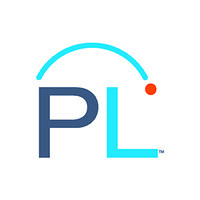Last Updated on June 26, 2022 by Laura Turner
Read about steps 1 and 2 in Part 1 of this series here.
Right now, your number one priority is, very understandably, focusing on your medical school workload. Still, it’s never too early to start thinking about your job search. There are easy steps you can take now that will prepare you for your job search and give you a competitive advantage when it’s time to start applying.
Step 3: Start thinking about references
When you are applying for jobs, you will need three to five professional references. You will want to list physicians who are familiar with you personally and professionally, and you’ll want to have their permission and know that they will vouch for you.
As you work through medical school, consider that everyone you meet could be part of your professional network. Consider how you would like faculty members and your peers to perceive you: your attitude, your work ethic, and your passion for learning about medicine.
When it’s time to request references, you will want to have a candid conversation with the faculty member or attending who you ask to write a supportive reference letter. During this conversation, you can ask your potential recommenders if they see any areas for improvement or concern. You may want to practice soliciting feedback from others; this will prepare you to receive constructive criticism gracefully and you can be proactive about addressing and improving upon any shortcomings.
Step 4: Define your goals and priorities
Of course, you have goals in mind for your career. You got this far by being goal-driven. Now is a good time to think about a softer, more qualitative set of goals. What are you looking for in a practice? What are you looking for in the area where you live and work? Do you see yourself working for a large hospital in a large city, or for a small practice in a tight-knit community? What do you want to be remembered for, professionally? What inspired you to go into the field of medicine? What gives your life meaning?
It is helpful to have these questions in the back of your mind. It may even help to get the answers on paper. The answers to these questions will likely affect what your CV will look like and what kind of professional opportunities you pursue.
To position yourself to have an effective and efficient job search, you want to focus on professional opportunities that really fit you. So, start to cultivate some self-knowledge and ask yourself big-picture questions about your career. It will help you be more focused down the line


